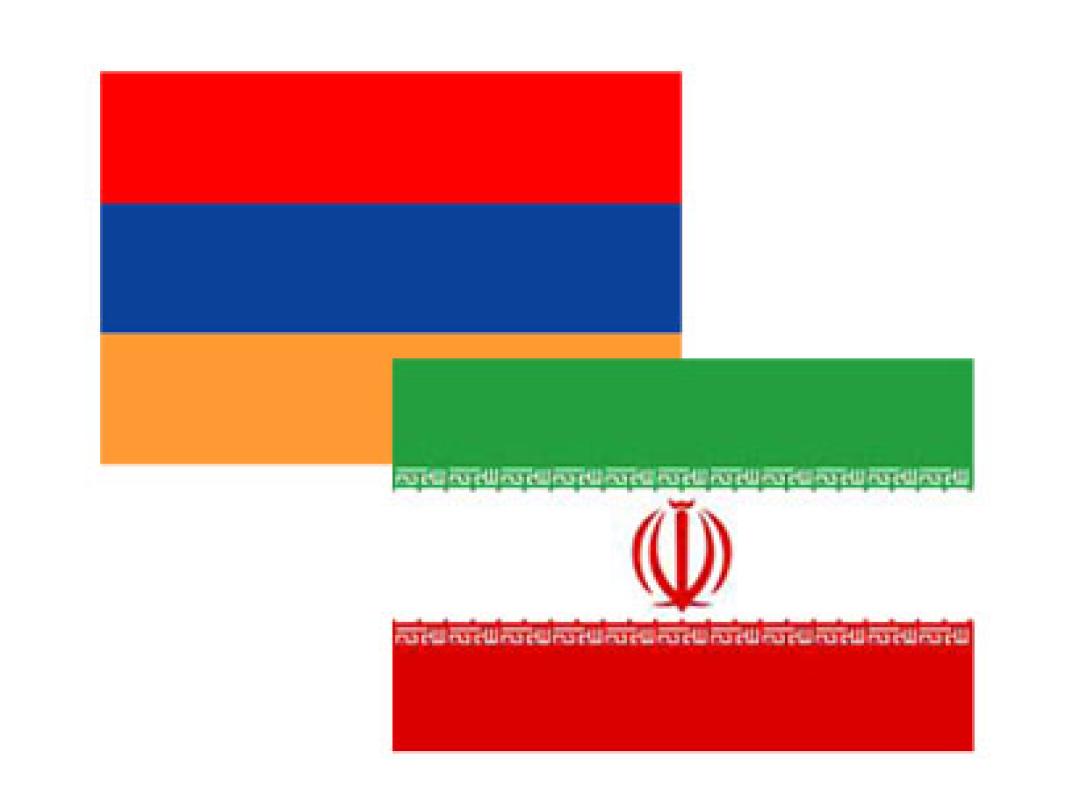
Iranian Ambassador to Armenia Condemns Using "Corridor" Term for Zangezur Route

On November 10, Iranian Ambassador to Armenia Mehdi Sobhani gave an interview to CivilNet.
Speaking about the use of the term corridor in the case of roads passing through Armenia, he said: "There are hidden thoughts behind their statements."
"We support the independence, territorial integrity, and sovereignty of Armenia and are against anything that would violate its international borders. Regarding the corridor, I should mention that in international literature it means a communication path, but when it is related to Armenia, it acquires a special legal meaning. Those who repeat that word use it in a special sense and they have hidden thoughts behind their statements," the ambassador added.
According to the Iranian ambassador, Iran is not against the restoration of communication channels but considers the presence of roads outside of Armenia's control unacceptable. "We are against those communications and channels that are beyond Armenia's sovereignty and question Armenia's independence. From our point of view, the path that will not be under the control and sovereignty of Armenia is unacceptable," Sobhani added.
The ambassador emphasized that although the border with Armenia is the smallest, it is the best border for Iran. "We have never had a threat from Armenia and Armenia has never felt a threat from Iran either. Our border is a border of friendship and mutual benefit. For Armenia, it was a border to communicate with Iran, the Persian Gulf, and the southern countries and to reach India and the sea. For Iran, Armenia is a way to exit to the north, to Georgia, the Black Sea, and the countries along the northern road," the official noted.
See Also


Mirzoyan Meets US Deputy Assistant Secretary Joshua Huck

Azerbaijani President Holds Talks with UAE and German Business Delegations on Economic Cooperation

Grigoryan Confirms Armenia’s Readiness to Dissolve OSCE Minsk Group Upon Peace Treaty Signing

Azerbaijani Official Warns of Ecological Risks to Caspian Sea, Similar to Lake Urmia and Aral Sea

